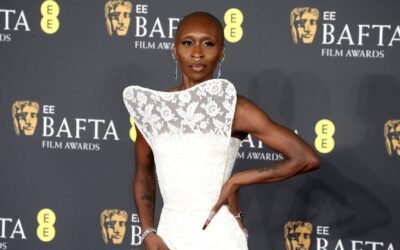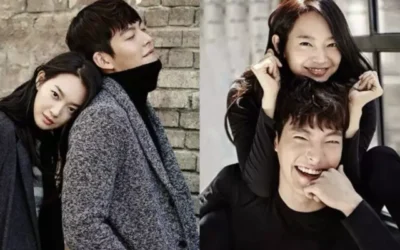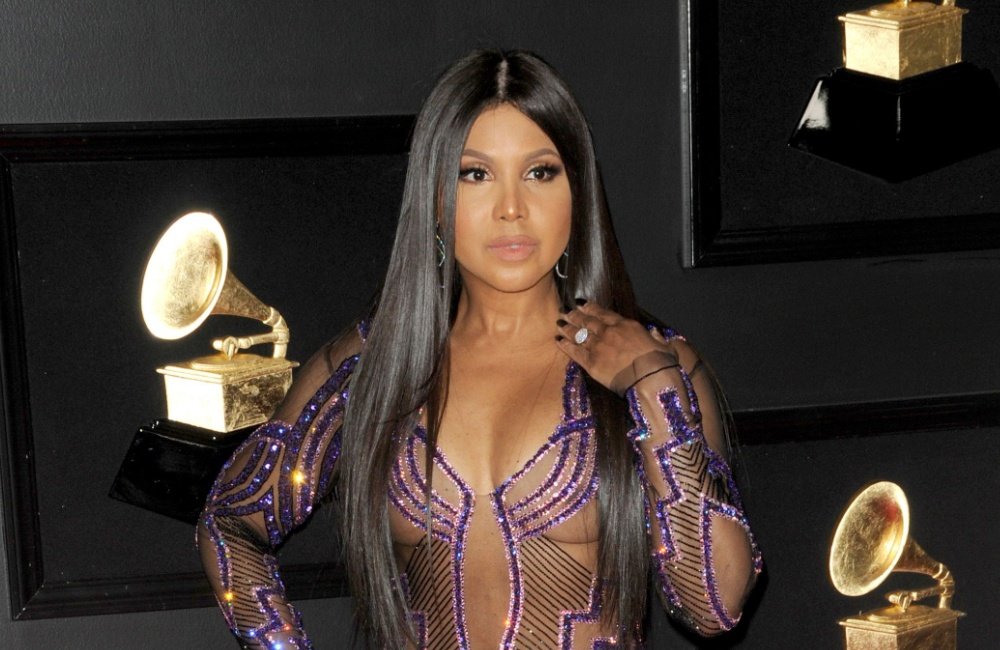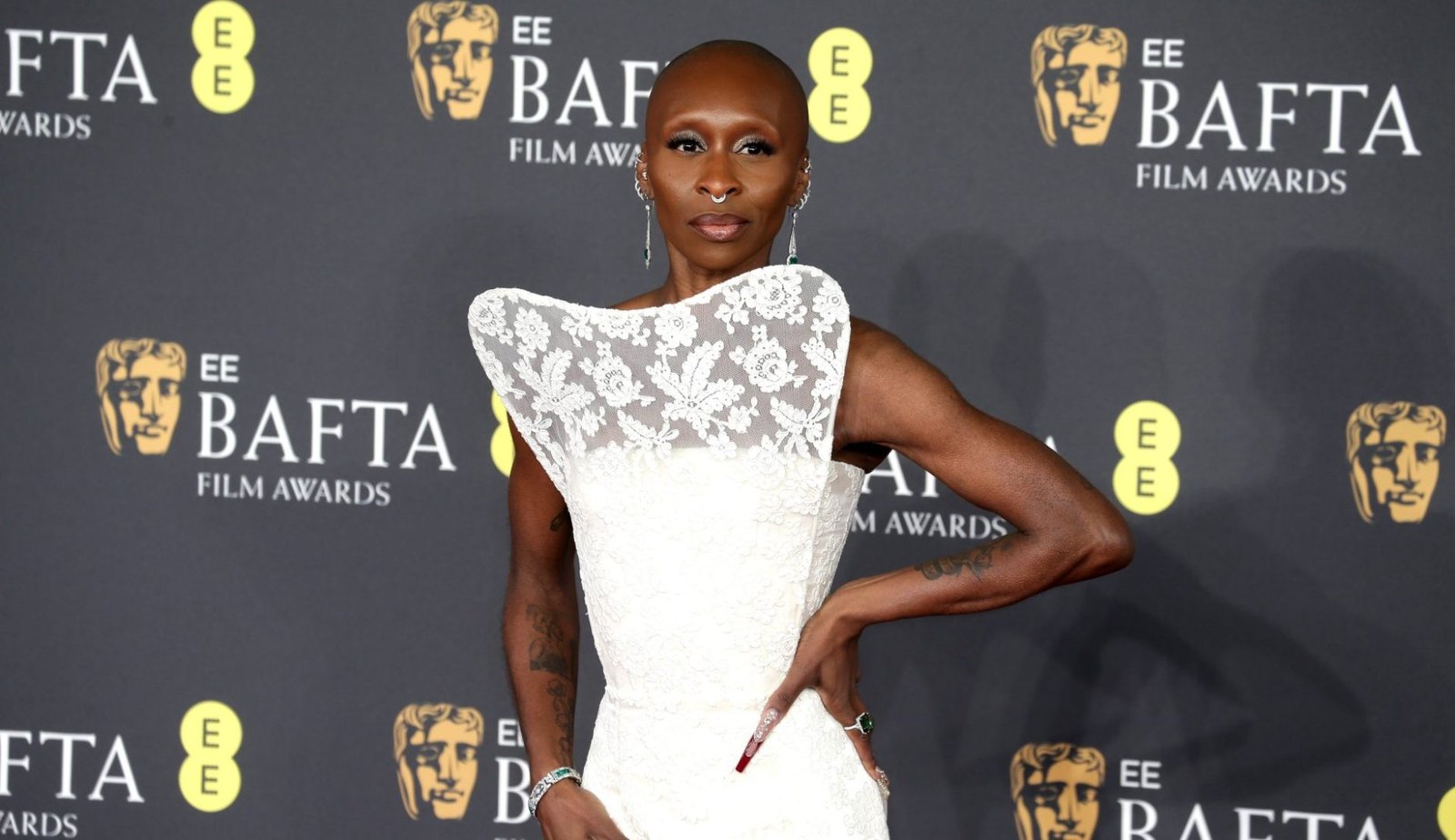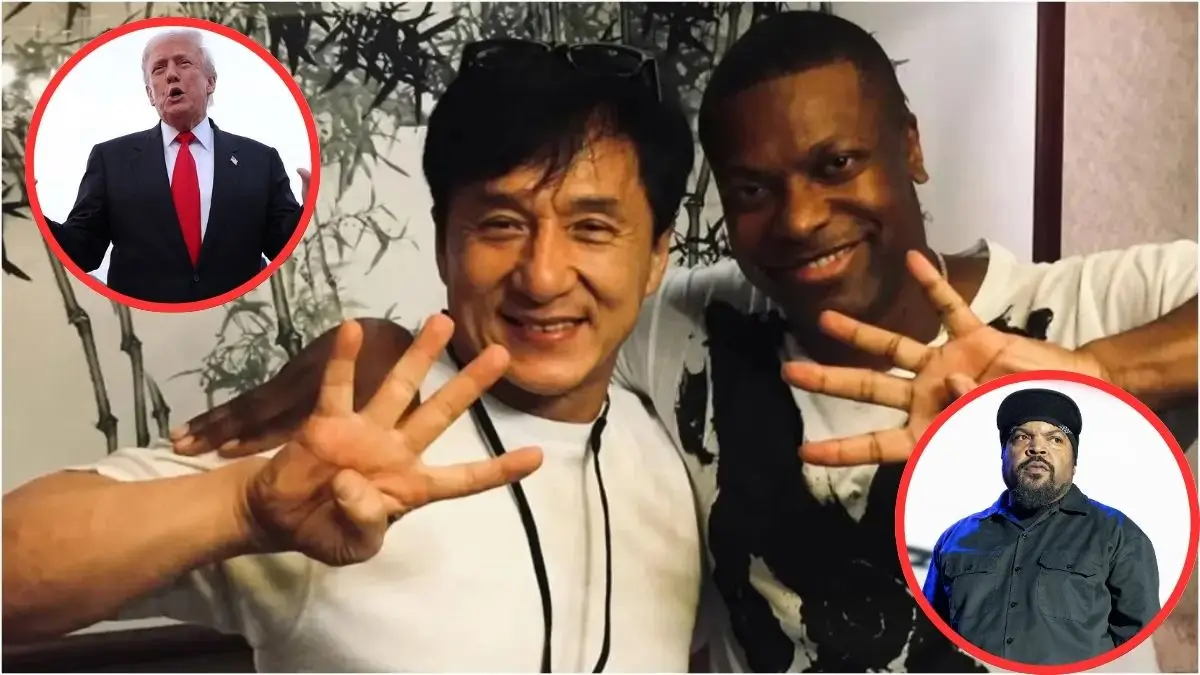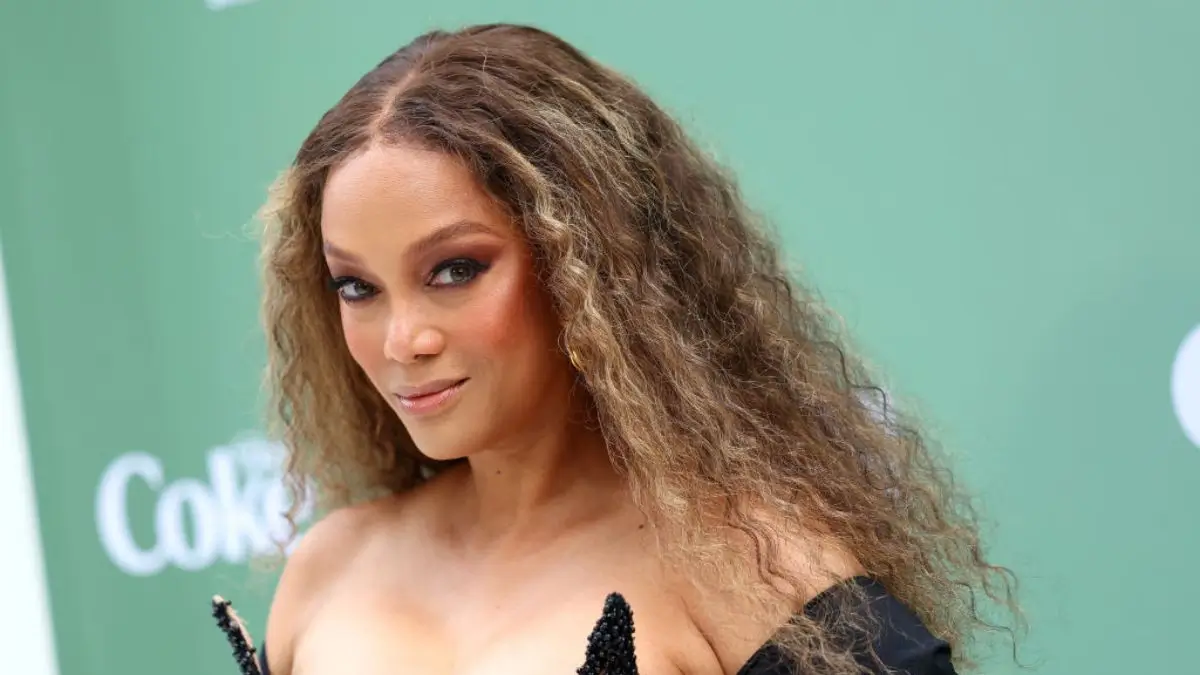At 58, Toni Braxton still believes in fairy tales. Not the sanitized Disney version, but the messy, real-life kind where people keep showing up for each other. The multi-platinum artist recently opened up about her views on romance, aging and why she refuses to let society dictate when women should stop seeking love.
Braxton doesn’t shy away from calling herself a hopeless romantic. Married to rapper Birdman, she’s learned something crucial that contradicts everything pop culture tries to sell us: romance doesn’t have an expiration date. While youth-obsessed media suggests that passion and new beginnings belong exclusively to the young, Braxton’s lived experience tells a different story.
Love without limits
The idea that romance fades with age is one of those lies people accept without questioning. Braxton challenges this head-on. She’s discovered that the capacity for connection, partnership and intimacy doesn’t diminish over time. If anything, it becomes more intentional and meaningful.
This perspective matters because it pushes back against the tired narrative that older women, particularly in entertainment, become romantically irrelevant. Braxton’s openness about continuing to seek love creates space for honest conversations about desire and partnership at every life stage.
Strength in sisterhood
Braxton’s understanding of love extends beyond romance. Growing up as one of five sisters shaped how she navigates relationships. Even after losing her sister Traci Braxton, that bond remains unshaken. She speaks about sisterhood as a foundation that matters deeply, acknowledging that external pressures can test even the strongest family ties.
This sisterhood became public through Braxton Family Values, the reality series that showed audiences both the closeness and complexity of their relationships. That experience of maintaining family bonds under public scrutiny clearly influenced how Braxton approaches all her connections.
Embracing age unapologetically
When Braxton posted a topless photo on social media, it sparked exactly the kind of conversation she intended. Her reasoning was simple: she felt good and wanted to share that confidence. The move wasn’t calculated or desperate for attention. It was about owning her narrative at a time when society often tells women to become invisible.
Her message resonated because it was honest. Turning 50 initially made her feel uncertain, but she worked through it. That vulnerability made her declaration that “50s is still sexy” more powerful. She wasn’t claiming perfection or denying the complicated feelings that come with aging. She was saying you can feel conflicted and still choose confidence.
The reaction revealed how uncomfortable people remain with women over 50 expressing sexuality openly. Braxton joined other artists refusing to accept that desirability should diminish on someone else’s timeline.
Finding joy in reinvention
Braxton’s Las Vegas residency, Love and Laughter, with Cedric the Entertainer showed her willingness to take creative risks. The collaboration allowed her to explore comedy while Cedric handled some vocals, flipping their traditional roles. Her enthusiasm about the experience demonstrated someone still finding excitement in new challenges decades into her career.
Las Vegas residencies have become markers of lasting relevance. Artists who secure these spots have proven they can consistently draw audiences. Braxton’s success there confirmed what fans already knew: her appeal transcends trends.
A voice that endures
Braxton‘s career achievements speak for themselves. With over 70 million records sold worldwide and seven Grammy Awards, she’s one of the best-selling female artists in history. Her distinctive contralto voice made songs like “Un-Break My Heart” cultural touchstones that still resonate today.
But her impact goes beyond impressive statistics. By discussing love, aging and self-acceptance candidly, she contributes to broader conversations about how women navigate public life. Her previous marriage to Keri Lewis from 2001 to 2013 means her beliefs about ageless romance aren’t theoretical. They’re rooted in personal experience, including relationships that ended and new ones that began.
What makes Braxton’s perspective valuable is its groundedness. She’s not preaching from some enlightened mountaintop. She’s sharing what she’s learned while still figuring things out herself. That authenticity makes her message accessible: life doesn’t contract with age for those willing to stay open to possibility.
Romance, passion and self-discovery aren’t reserved for the young. They’re human experiences available at any chapter, waiting for people brave enough to claim them. Braxton’s willingness to keep seeking connection, to keep believing in love, to keep showing up authentically makes her more than a musical icon. It makes her proof that the best chapters might still be unwritten.
